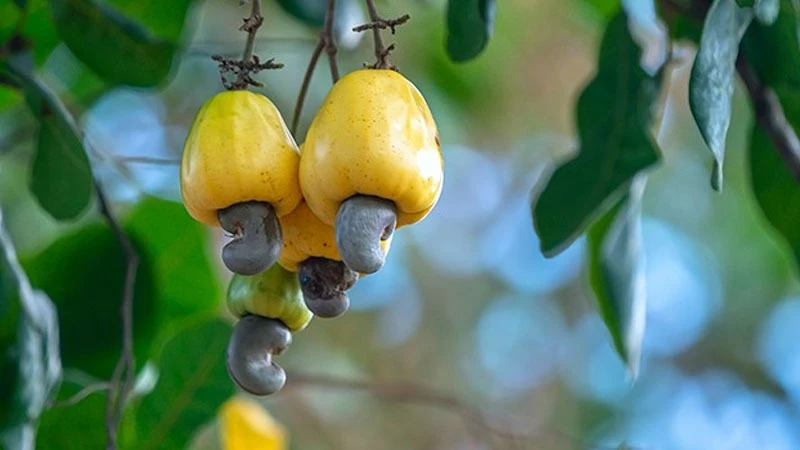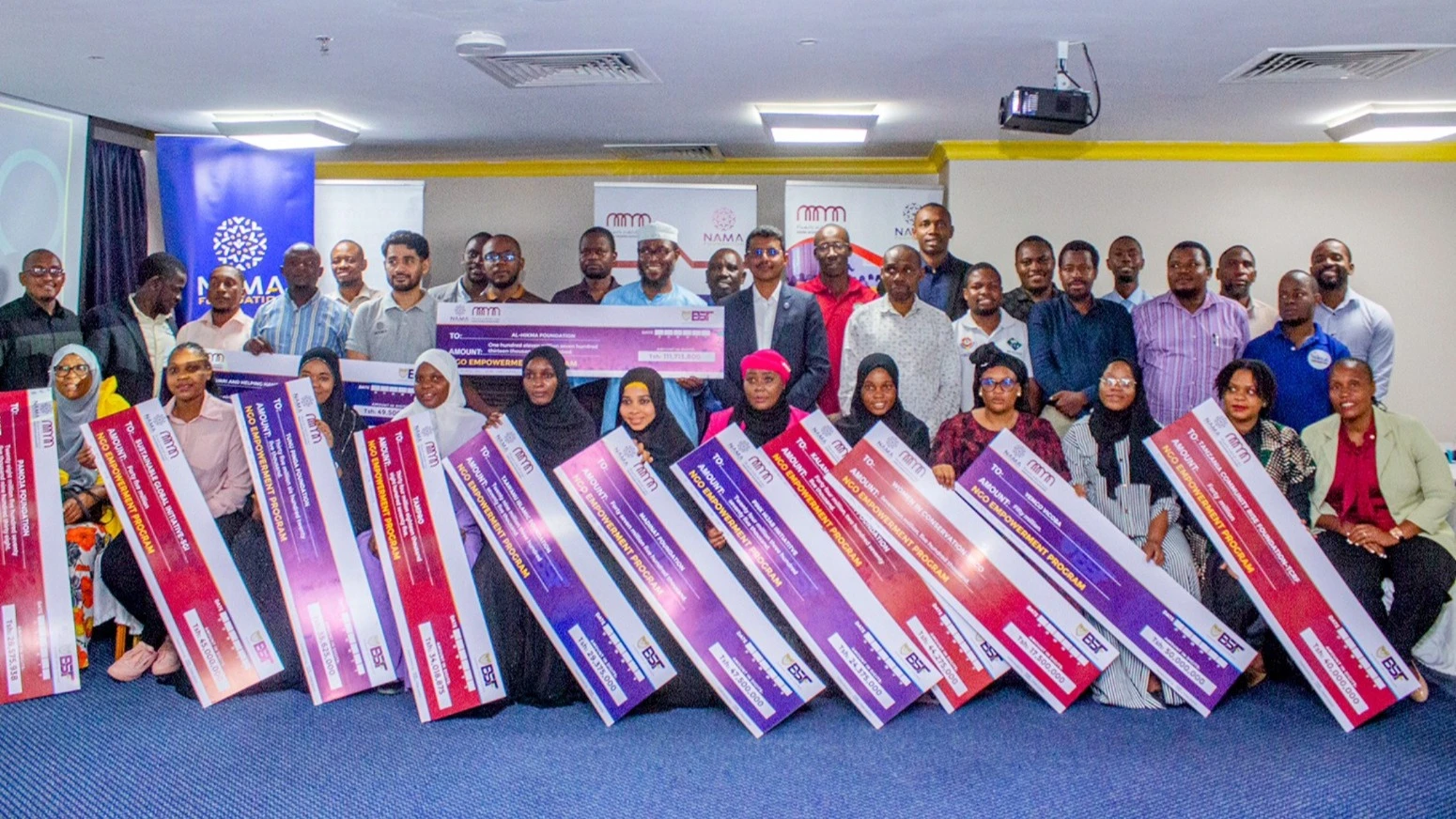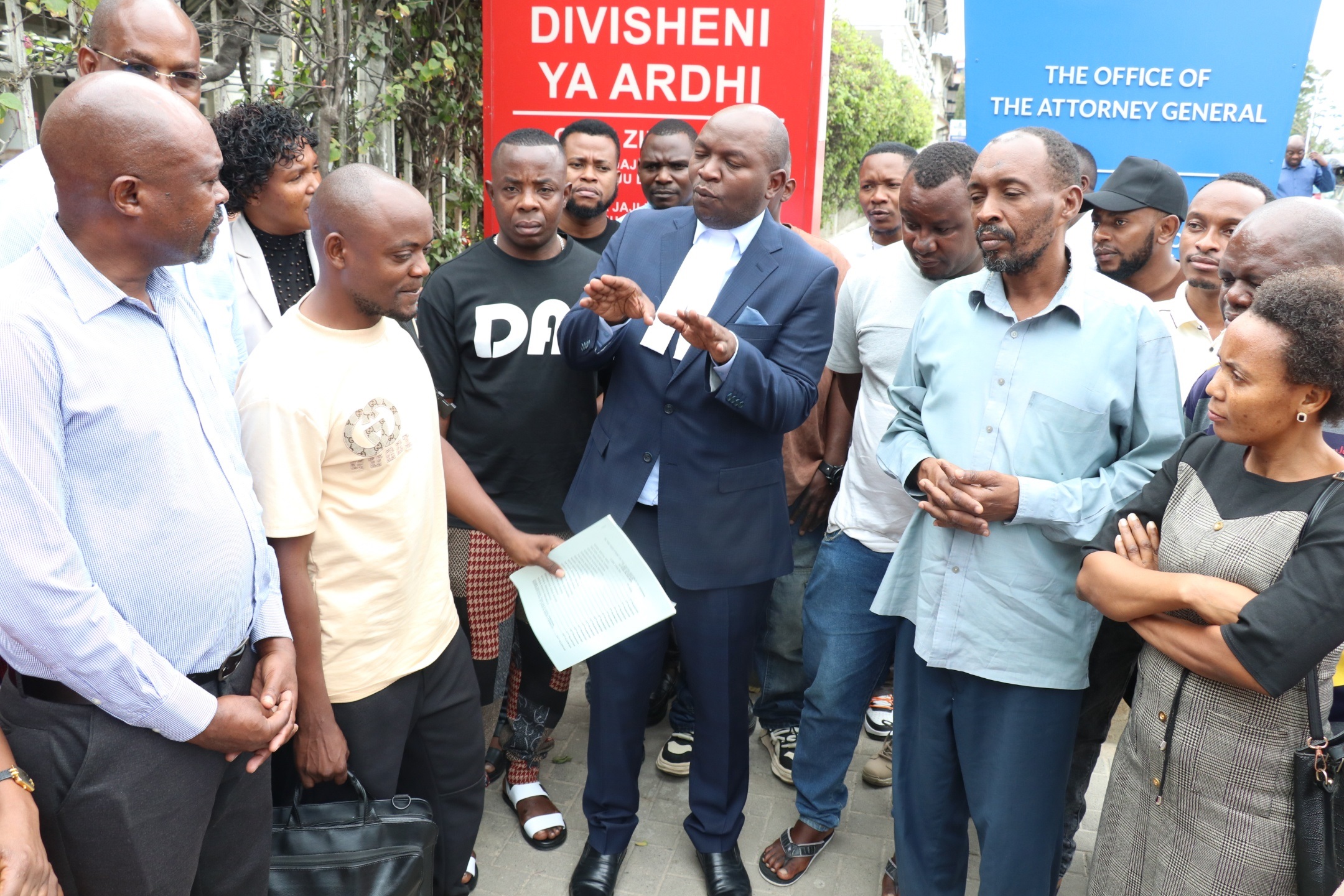Minister expects board to build cashew warehouses

THE Cashewnut Board of Tanzania (CBT) and the Registrar of Cooperatives need to begin discussions on how to reinvest revenue from the cashew industry into the construction of small-scale storage warehouses, the government has stated.
Hussein Bashe, the Agriculture minister, issued this instruction during the 2025 national cashew industry stakeholders’ meeting here over the weekend, saying this initiative is intended to solve long-standing post-harvest storage challenges.
Channeling cashew earnings into infrastructure that will support production and secure farmer incomes is an urgent need, he said, urging the start of discussing on how w funds from the cooperative system can be used to build small storage facilities to address the challenge of proper cashew storage.
The government is projecting 700,000 tonnes of raw cashew nuts in the 2025/2026 season after Francis Alfred, the CBT director general reported that the 2024/2025 season recorded over 500,000 tonnes of raw cashew nuts, valued at more than 1.8trn/-.
“The season’s performance sets a strong foundation for an expected 32.5 percent increase in production next season,” he said, while the minister called on stakeholders to make timely decisions to ensure the sector’s strategic goals are met.
“We have high expectations. Let us all take responsibility and make the decisions necessary to meet this target,” he said, with the CBT CEO affirming that the board is intensifying preparations for marketing and sales operations to ensure the upcoming season delivers maximum value to all players in the cashew value chain.
Dr Geradina Mzena, the Tanzania Agricultural Research Institute (TARI) – Naliendele director, said ongoing research is playing a crucial role in boosting cashew productivity. The institute is currently engaged in studies on soil health and value addition, expanding production of high-quality cashew seeds.
“We have increased our seed production farms from 40 hectares to 363 hectares in the past few years to meet rising demand, including exports to neighbouring countries like Zambia and Kenya,” she said.
TARI is also offering technical training to agricultural extension officers in order to support farmers across cashew-producing regions, she stated, while Yusufu Nannila, chairman of the national stakeholders’ meeting, echoed the remarks.
He expressed strong confidence in the ministry’s efforts to transform cashew farming from subsistence-level cultivation to a profitable commercial enterprise.
“We are seeing serious efforts from the government to ensure cashew becomes a key driver of rural economic growth. This will empower farmers and strengthen Tanzania’s position in the global cashew market,” he stated.
The cashew sector remains one of Tanzania’s most important agricultural export earners. With increased investment in research, infrastructure, and market systems, stakeholders hope to unlock its full economic potential while improving livelihoods for thousands of farming households, he added.
Top Headlines
© 2025 IPPMEDIA.COM. ALL RIGHTS RESERVED






















